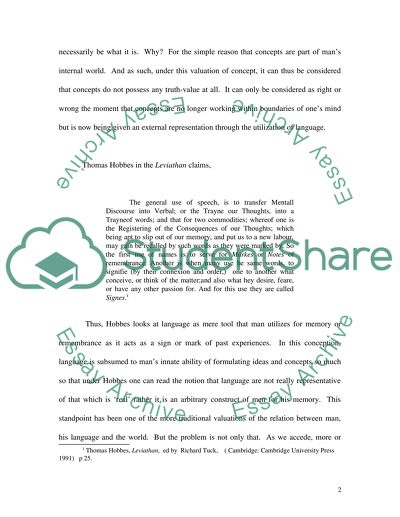Cite this document
(The Role and Main Features of 'Conceptual Scheme' Literature review, n.d.)
The Role and Main Features of 'Conceptual Scheme' Literature review. Retrieved from https://studentshare.org/philosophy/1536026-what-is-a-conceptual-scheme-do-different-people-have-different-ones-if-so-can-they-understand-each-other
The Role and Main Features of 'Conceptual Scheme' Literature review. Retrieved from https://studentshare.org/philosophy/1536026-what-is-a-conceptual-scheme-do-different-people-have-different-ones-if-so-can-they-understand-each-other
(The Role and Main Features of 'Conceptual Scheme' Literature Review)
The Role and Main Features of 'Conceptual Scheme' Literature Review. https://studentshare.org/philosophy/1536026-what-is-a-conceptual-scheme-do-different-people-have-different-ones-if-so-can-they-understand-each-other.
The Role and Main Features of 'Conceptual Scheme' Literature Review. https://studentshare.org/philosophy/1536026-what-is-a-conceptual-scheme-do-different-people-have-different-ones-if-so-can-they-understand-each-other.
“The Role and Main Features of 'Conceptual Scheme' Literature Review”. https://studentshare.org/philosophy/1536026-what-is-a-conceptual-scheme-do-different-people-have-different-ones-if-so-can-they-understand-each-other.


